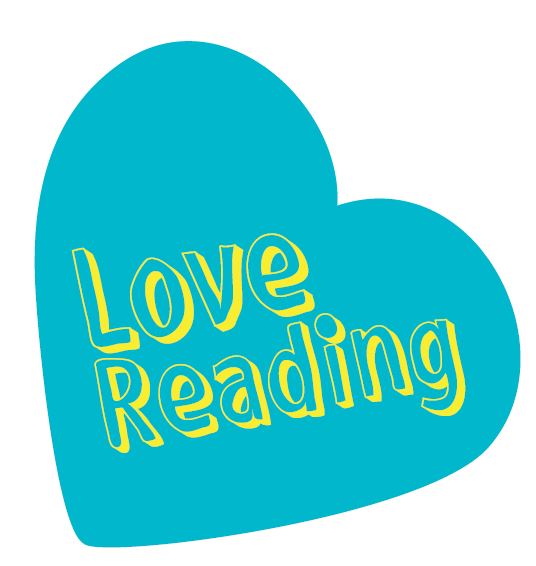Enthusiasm:
Make sure everyone understands that reading enthusiasm – regularly choosing to read even when there’s no adult around – correlates strongly with academic success, even in maths (PISA; IoE et al). Enjoyment of reading improves children’s life-chances!
Self-identification:
Focus all colleagues on the job of generating enthusiasm for reading: use a simple questionnaire (orally with the younger children) to have them self-identify as enjoying reading, or not; put the children’s names on a basic chart with ‘Likes reading,’ and ‘Doesn’t’ on opposite sides; every week, ask yourselves, ‘Have we moved anyone from the ‘doesn’t’ column?’
Behaviours:
Children learn behaviours largely through imitation, so model enthusiasm for reading: talk about your favourite books; get caught reading for pleasure (even if you have to stage it as they come into the classroom!), and complain about interruptions; say things like, “I can’t wait to finish work so I can get on with my book!”; have displays and assemblies advertising staff’s favourite books.
Being read to:
Many children who do enjoy reading are – or have been – read to at home: it’s a cosy, bonding situation that builds a strong association between books and pleasure. Read frequently to your class, even if just for 5 minutes at a time, and when you do, do whatever you can to build that association between listening to story, and warm, happy feelings; make it as special and magical as your environment allows.
Choice:
Children should always have a teacher-directed book and a free-choice book. Those in the earlier stages of reading will need a books that move their skills forward, step-by-step (e.g. scheme books); ‘free readers’ should be directed to books that are different from their usual choices, to broaden their range. For ALL children, the free choice book MUST be just that: it might be too easy, or too hard; they may have read it many times: that’s ok – it’s a FREE CHOICE text, and it encourages children to develop a relationship with reading that isn’t about work.
Challenge:
The Summer Reading Challenge, run by children’s public libraries, rewards children for reading more books; it is based on the idea that ‘bribing’ children to read can sometimes get them hooked – a move from extrinsic to intrinsic motivation. We can do the same thing in schools, throughout the whole year, with stickers and certificates. If it hooks 1% of children, it is worth it.
Recommendation:
If one child recommends a book to another child, and that second child genuinely enjoys that recommendation, the ‘recommender’ should be publicly rewarded – think gilt-edged certificates, given in assembly; ideally, with fireworks going off at the same time! Helping someone else find something to read that they enjoy is a major and potentially significant act: the right book at the right time can change a child’s life.
Audio:
Not many children are read to at home; as they get older, this dwindles to near zero. Audio books at home don’t replace the parent-child bond, but they are a good second-best. Send discs home; use PPG money to send inexpensive MP3 players home; give links to websites that contain audio stories, and put these on the school site. Make listening to stories a form of homework: enthusiasm for reading is very likely to improve over time, and you won’t have to mark it!
Special space:
A shabby book corner and a neglected library tell children one thing about how we value reading. On the other hand, attractive versions of each, with reasonable stock, should become, respectively, the most special area in the classroom and the heart of the school. If we want children to read well, and choose to read, we must invest in book corners and libraries, and, vitally, listen to what children would like to see in these areas.
Role models:
Look into the National Literacy Trust’s Reading Champions approach – turning pupils into role models for reading – and go to town with it. We know of teachers who have taken six such children to a bo ok shop (possibly for the first time in their lives), each with a budget of £20, with which they must buy three books: one they like, one for the opposite gender, and one for younger children. Each child must present and explain their choices in assembly; the 18 books will be hugely popular, and those children will have a new, very positive view of book shops.
ok shop (possibly for the first time in their lives), each with a budget of £20, with which they must buy three books: one they like, one for the opposite gender, and one for younger children. Each child must present and explain their choices in assembly; the 18 books will be hugely popular, and those children will have a new, very positive view of book shops.
Lindsay Pickton and Christine Chen



